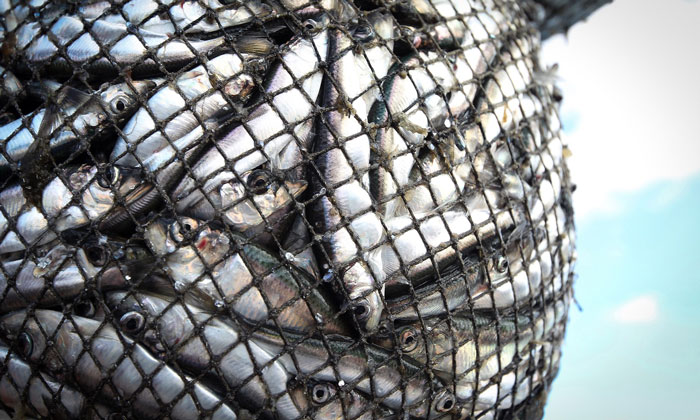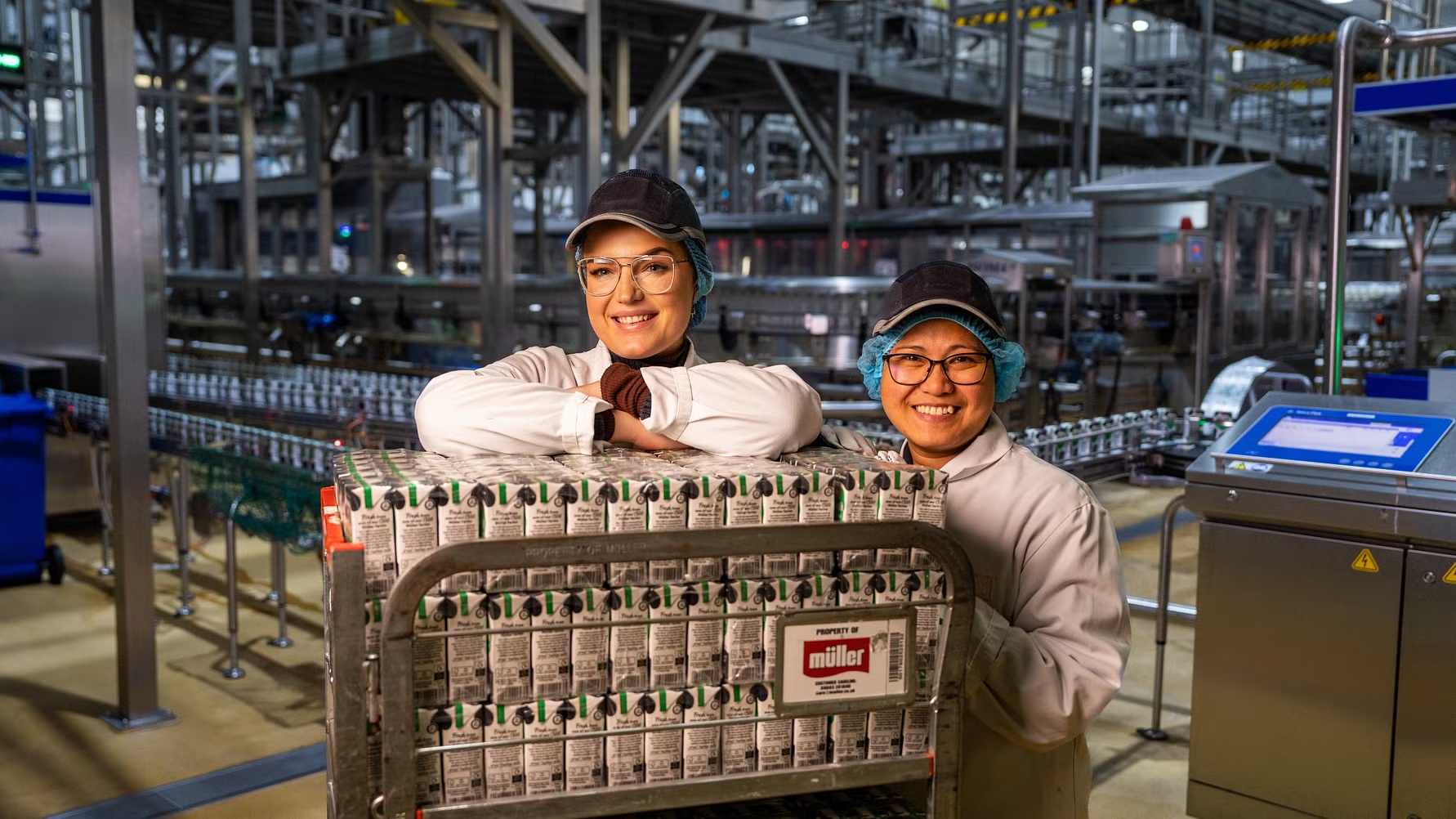Report calls on food industry to transform how it feeds livestock
- Like
- Digg
- Del
- Tumblr
- VKontakte
- Buffer
- Love This
- Odnoklassniki
- Meneame
- Blogger
- Amazon
- Yahoo Mail
- Gmail
- AOL
- Newsvine
- HackerNews
- Evernote
- MySpace
- Mail.ru
- Viadeo
- Line
- Comments
- Yummly
- SMS
- Viber
- Telegram
- Subscribe
- Skype
- Facebook Messenger
- Kakao
- LiveJournal
- Yammer
- Edgar
- Fintel
- Mix
- Instapaper
- Copy Link
Posted: 30 January 2018 | George Smith (New Food) | No comments yet
Amidst burgeoning consumer demand for flexitarian products and rising debate on the future of meat, a new report calls on retailers and food service companies to scrutinise what is fed to the livestock – such as pork, chicken as well as farmed fish – used in products they sell.


BIG FISH: aquaculture is expected to increase by 90 per cent by 2050
Titled The Feed Behind Our Food, the report, published by a coalition of international businesses and NGOs convened by sustainability non-profit Forum for the Future, highlights the role animal feed plays in the food industry, and its impacts on environmental health and food security.
It also provides advice on the criteria for sustainable feed and how farmers and stakeholders can take action.
This call for increased scrutiny comes at a time when animal feed production is projected to grow to meet future demand. Already, nearly half of global agricultural land is used for livestock feed production and more than a fifth of wild caught fish is fed to animals. Feed contributes to 45 per cent of greenhouse gas emissions from livestock production, and much of it comprises high-value foods rich in nutrition, such as soy and maize.
Sandra Vijn, a director of WWF US’s food programme, said: “It will be very challenging to meet the future demands for livestock and farmed fish products in sustainable ways without transforming the way we produce animal feed. Food and feed companies alike need to recognise the risks and opportunities this presents to their businesses and work together to achieve this transformation. This report serves as a guide for how they can begin to do that.
Businesses are beginning to lead the way in global initiatives to reduce environmental impacts of feed cultivation. Some are going further, such as UK-based Waitrose, which is working towards using 100 per cent sustainable soy and sourcing more feed raw materials from the UK and Europe.
Duncan Sinclair, Agriculture Manager at Waitrose, said: “Looking at new approaches to feeding livestock helps us meet our sustainability targets and is also good for business. Customers increasingly demand more transparency, not just on what goes into a product but also on how it is produced. Addressing the sustainability of animal feed by bringing it closer to home through our sustainable forage protein project has not only benefited the environment but has helped our farmers improve efficiency.”
The forum also points to new emerging innovations which have the potential to transform the way we feed animals and take pressure off land and ocean resources. For example, companies such as Calysta, Protix, Ynsect and Evonik are investing hundreds of millions in scaling up production of innovative, traceable feed ingredients. This includes insect-based protein (which forms a natural part of poultry and fish diets), oil from natural marine algae, feed additives like amino acids, and protein derived from methane-eating bacteria.
Simon Billing, the Protein Challenge 2040 lead at Forum for the Future, said: “Collaboration across the supply chain is critical to address the environmental impacts of feed. This report is the first step in helping retail and food service professionals start to build knowledge of their feed security, and join forces with their suppliers, including producers and feed companies, to formulate strategies together to speed up progress on sustainable animal feed.”
The Feed Behind Our Food report forms part of Feed Compass, a project by The Protein Challenge 2040 coalition to scale up solutions for more sustainable animal feed. Led by an ambitious and diverse group of international retailers, food manufacturers, feed ingredient companies, innovators and NGOs, it is now developing an easy-to-use tool that will help the food industry compare different types of feed and guide purchasing decisions.
Related topics
Food Security, Supply chain, Sustainability, Trade & Economy









